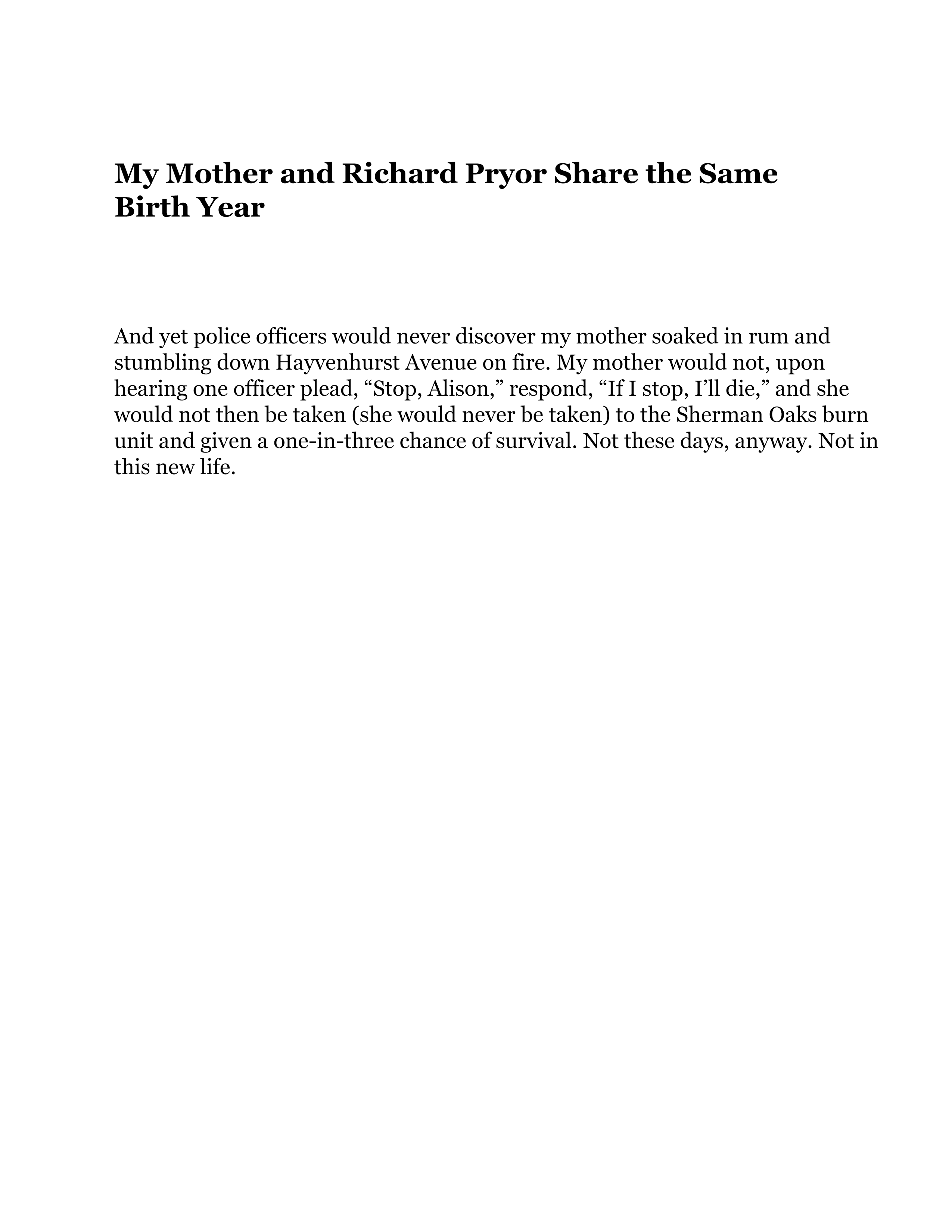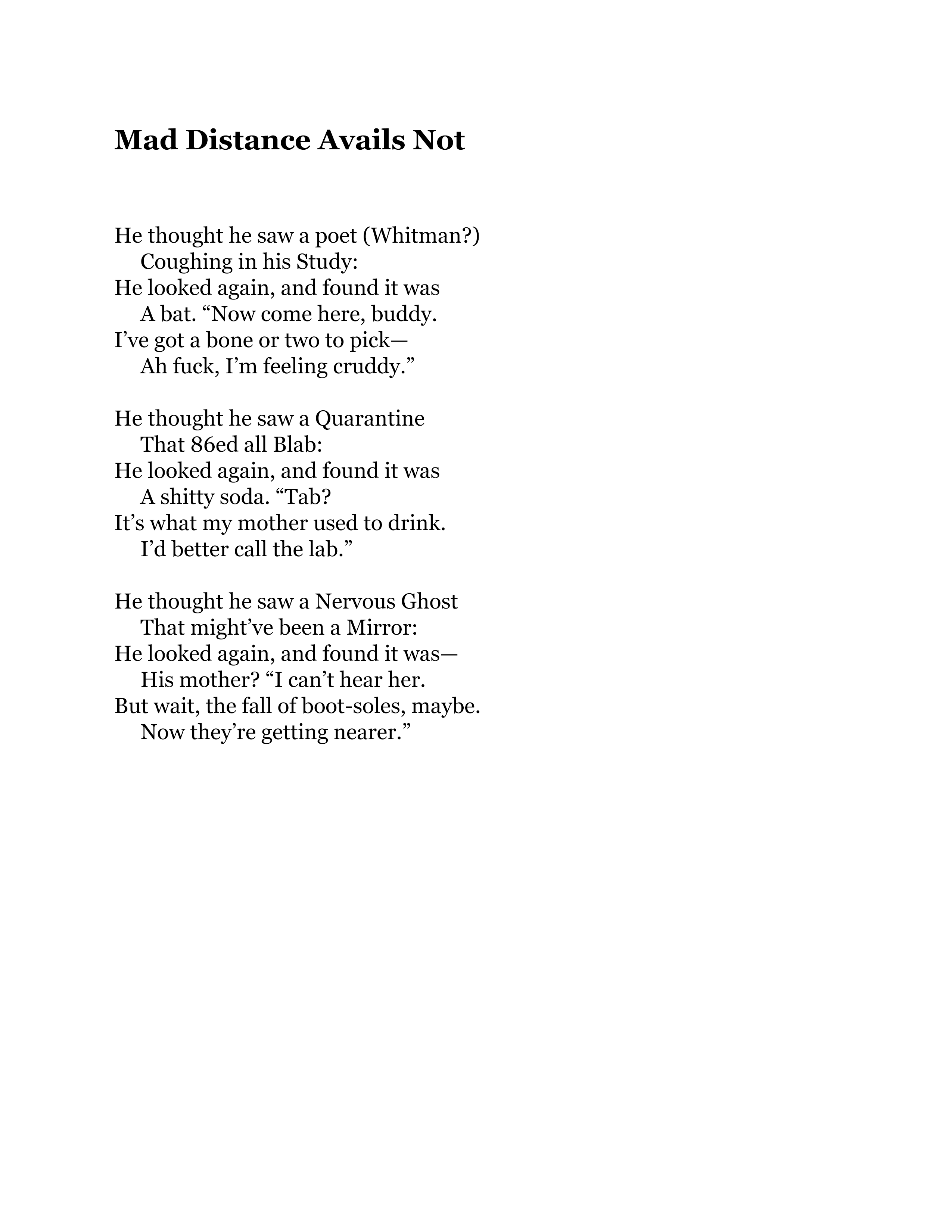4 poems by Cody Walker
1 essay by Christy Prahl,
on the poems of Cody Walker
Alley Oop
Back in graduate school, a friend in the department wrote a love poem to a penny. It was a paean to shiny copper, the profile of Abraham Lincoln, the value of a cent. A downright pledge of allegiance, it was. He submitted the piece to several journals, and one of the more prestigious called him on the department’s land line (this was long before cell phones), testing him out, we believed, trying to decipher whether he was pulling their leg or this was really brilliant stuff. Smart money was on the latter, but they were too set in their literary expectations to trust their hunch and publish it. Not sure what happened to that poem or its draftsman, but it’s a shame it never reached an audience broader than our workshop.
I admit I had to fight the same conditioning to wrap my arms around these poems . . . at first. Seemingly spare in content, visited by sports figures I had to look up, with occasional meter and rhyme? But the pieces kept calling me back, and each new reading gave me something else to take in, some new polished rock to hold in my hands. Of course we all know the hackneyed calculus around white space; it acts as an invitation to the reader to become a co-conspirator. And yet. And yet. Because the other thing subsequent readings made clear was that these minimalist pieces – with their deceptive, incongruous sing-songy cadence – carried weight, hefted intention. Those weren’t polished rocks in my hands; they were iridium.
It feels tone deaf, in so many ways, to talk of white space for a set of poems subtly but clearly interrogating race. It’s not white space alone but the interplay between white and black on the page becomes a kind of meta-narrative for such interplay on city streets, in hospitals, on basketball courts. This is a poet who trusts the reader to put that scaffolding together. The result is more gut than treatise, more intuition than direction. Yet elasticity still points to complicity as the speaker asks us, between the lines, to do better.
Of course the whole lot of it is a backdrop for the central preoccupation of these poems: the speaker’s mother. Four disconnected pieces sutured together as the writer invites us to observe, from the sidelines, his mother’s fall into dementia, her indifference to the Miami Heat, the complexities of “this new life” as a preamble to her death. It is no accident that Walt Whitman and Richard Pryor both make their appearances here. Time is fully askew as we equivocate between the 19th, 20th, and 21st centuries, experiencing a cognitive whiplash of our own.
Even as I write these words, I acknowledge they’re only best guesses. The challenge with poetry is to take away meaning without assuming intent. And this takes me back to my grad school days as well, to a conference in Columbus, Mississippi, where Eudora Welty, the keynote speaker, made a surprise appearance at a session dissecting her story “A Worn Path.” As the scholar explicated the work through an academic lens, Ms. Welty sat in the lecture hall shaking her head in bemusement. In some ways the session would have been improved by the scholar surrendering the mic, but he fought for his thesis. I won’t learn from his example and instead whisper what the heck do I know, except I deeply appreciate these poems and the ways they challenge me to read between the lines.




